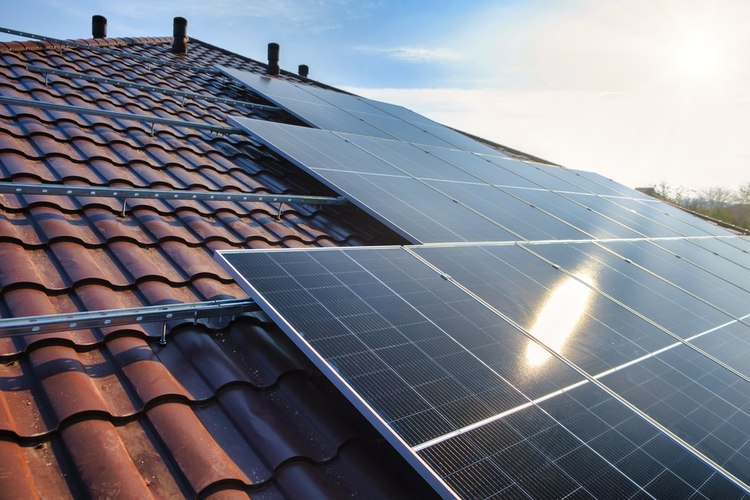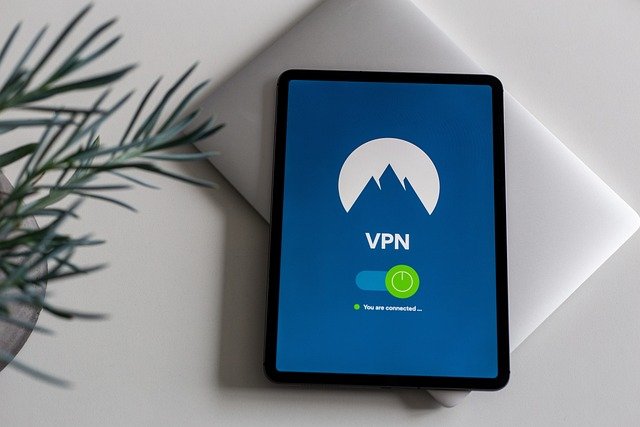Solar Water Heaters: Harnessing the Sun's Power for Energy-Efficient Pool Heating
Solar water heaters are an innovative and eco-friendly solution for heating swimming pools, offering homeowners a cost-effective and sustainable alternative to traditional heating methods. By harnessing the power of the sun, these systems can significantly reduce energy costs while maintaining comfortable water temperatures for swimmers. This article will explore the benefits, installation process, and considerations for incorporating solar water heaters into your pool setup.

The efficiency of solar water heaters depends on factors such as the size of the pool, the amount of sunlight available, and the surface area of the solar panels. In most cases, these systems can raise pool temperatures by 5-10 degrees Fahrenheit, making them an effective solution for extending the swimming season and maintaining comfortable water temperatures.
What are the benefits of using solar panels for pool heating?
Incorporating solar panels into your pool heating system offers numerous advantages:
-
Energy Efficiency: Solar water heaters rely on renewable energy, significantly reducing electricity consumption and associated costs.
-
Environmental Impact: By utilizing clean solar energy, these systems help decrease your carbon footprint and promote sustainable living.
-
Low Maintenance: Solar panels have few moving parts, resulting in minimal maintenance requirements and long-term reliability.
-
Extended Swimming Season: Solar heating can help maintain comfortable water temperatures, allowing for a longer swimming season.
-
Increased Property Value: The addition of solar panels can enhance the overall value and appeal of your home.
What factors should be considered when installing solar water heaters?
When planning to install a solar water heating system for your pool, several factors should be taken into account:
-
Roof Suitability: Assess whether your roof has adequate space and the proper orientation to accommodate solar panels. South-facing roofs typically receive the most sunlight exposure.
-
Pool Size: The size of your swimming pool will determine the number of solar panels required for effective heating.
-
Local Climate: Consider the amount of sunlight your area receives throughout the year to ensure optimal system performance.
-
Building Codes and Permits: Check local regulations and obtain necessary permits before installation.
-
Professional Installation: While some homeowners may opt for DIY installation, hiring a professional ensures proper setup and maximizes system efficiency.
How much does a solar water heater system cost for swimming pools?
The cost of installing a solar water heater for your swimming pool can vary depending on factors such as pool size, location, and system complexity. Here’s a general breakdown of costs and potential savings:
| System Size | Estimated Cost Range | Annual Energy Savings |
|---|---|---|
| Small (up to 200 sq ft) | $3,000 - $4,500 | $250 - $400 |
| Medium (200-400 sq ft) | $4,500 - $7,000 | $400 - $600 |
| Large (400+ sq ft) | $7,000 - $10,000+ | $600 - $1,000+ |
Prices, rates, or cost estimates mentioned in this article are based on the latest available information but may change over time. Independent research is advised before making financial decisions.
While the initial investment may seem substantial, it’s important to consider the long-term savings on energy costs. Many homeowners find that solar water heaters pay for themselves within 3-7 years, depending on usage and local energy prices. Additionally, some regions offer incentives or tax credits for installing solar energy systems, further offsetting the upfront costs.
How do solar water heaters compare to traditional pool heating methods?
When compared to conventional pool heating methods such as gas or electric heaters, solar water heaters offer several advantages:
-
Lower Operating Costs: Once installed, solar heaters have minimal ongoing expenses, whereas traditional heaters require continuous fuel or electricity consumption.
-
Environmentally Friendly: Solar heating produces no emissions, making it a cleaner alternative to gas or electric options.
-
Longevity: Solar panels typically have a lifespan of 20-30 years, often outlasting traditional heating systems.
-
Quiet Operation: Solar heaters operate silently, enhancing the overall pool experience.
However, it’s worth noting that solar heaters may not be as effective in consistently maintaining specific temperatures, especially during cloudy periods or at night. Some homeowners choose to combine solar heating with a backup traditional system for more reliable temperature control.
Solar water heaters represent an excellent investment for pool owners looking to reduce energy costs and minimize their environmental impact. By harnessing the power of the sun, these systems provide an efficient and sustainable solution for maintaining comfortable swimming temperatures. While the initial installation costs may be higher than traditional heating methods, the long-term benefits in terms of energy savings and reduced carbon footprint make solar water heaters an attractive option for environmentally conscious homeowners.






